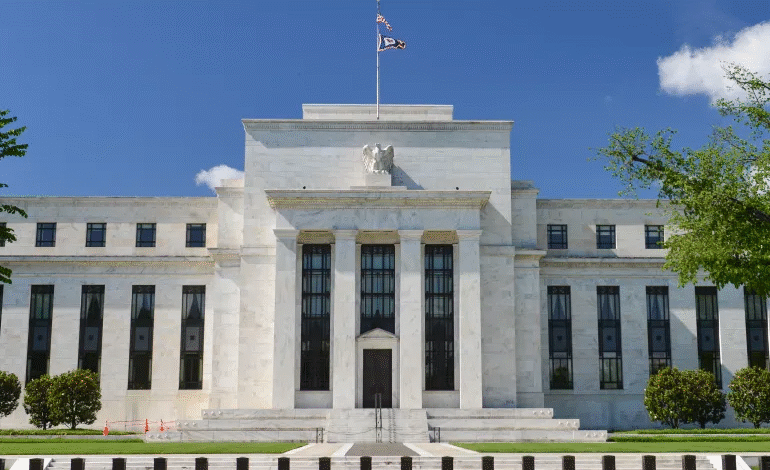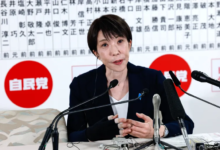Heated Debate Over U.S. Economic Institutions and Data Credibility

The United States continues to witness intense debate regarding the accuracy and credibility of data and indicators released by government economic institutions, and the consequential decisions they inform, such as interest rates and economic growth forecasts.
The controversy has intensified amid occasional stark discrepancies between official institutional reports and the political assessments of President Donald Trump’s administration, raising questions about the independence of U.S. economic and financial agencies and the broader implications for both the domestic and global economy.
Dismissal of the Bureau of Labor Statistics Commissioner
The debate recently escalated over the Bureau of Labor Statistics (BLS) following President Trump’s decision on August 1 to dismiss Commissioner Erika McEntarfer, after the agency released figures indicating weaker-than-expected job growth in July.
The BLS, a federal agency under the Department of Labor, is tasked with providing a detailed picture of the U.S. economy through regular reports on job growth, consumer prices, inflation, imports, and exports.
Trump justified his decision by accusing McEntarfer of manipulating employment data, a claim later supported by senior White House economic advisors, who insisted that the dismissal would not undermine confidence in official economic statistics. The White House also stated on its website that under McEntarfer—appointed by former President Joe Biden—the BLS had a long history of “inaccuracy and inefficiency,” which had eroded public trust in the agency.
Pushback and Criticism
In contrast, The New York Times editorial argued that Trump’s accusations were baseless, emphasizing that labor market reports are prepared by a nonpartisan team using sector-specific data.
Columnist Thomas Friedman, aligned with the Democratic Party, criticized the move as part of a broader pattern undermining institutional independence, turning government agencies into tools for advancing the president’s political objectives. Former BLS officials also called on Congress to investigate McEntarfer’s dismissal, warning that it could erode trust in official economic data—particularly amid new U.S. tariffs impacting global markets.
Federal Reserve Under Pressure
Meanwhile, Trump has continued to pressure the Federal Reserve, repeatedly urging Chairman Jerome Powell to lower interest rates and threatening to replace him with someone more aligned with his economic agenda. Powell, whose term ends in May 2026, has maintained the Fed’s independence, basing decisions on labor market and inflation data rather than political demands. Recently, he held interest rates steady at 5.25%-5.50% to provide the economy with more stability amid global market volatility.
Economists warn that public political interference in the Fed’s operations undermines the credibility of U.S. monetary policy and could compromise long-term economic stability. Forbes noted that attempts to interfere with the Fed’s independence risk damaging investor confidence and could trigger sharp market fluctuations. Georgetown University economist Mary Williams emphasized that such interventions may boost short-term returns but jeopardize long-term stability.
Implications for the Economy and Public Trust
These tensions are expected to persist over the coming months, potentially affecting the entire U.S. economy and the independence of its financial institutions. The disputes also exacerbate doubts about the reliability of official economic data, which are intended to provide a clear and accurate reflection of the U.S. economy, enabling informed investment, trade, and borrowing decisions.








